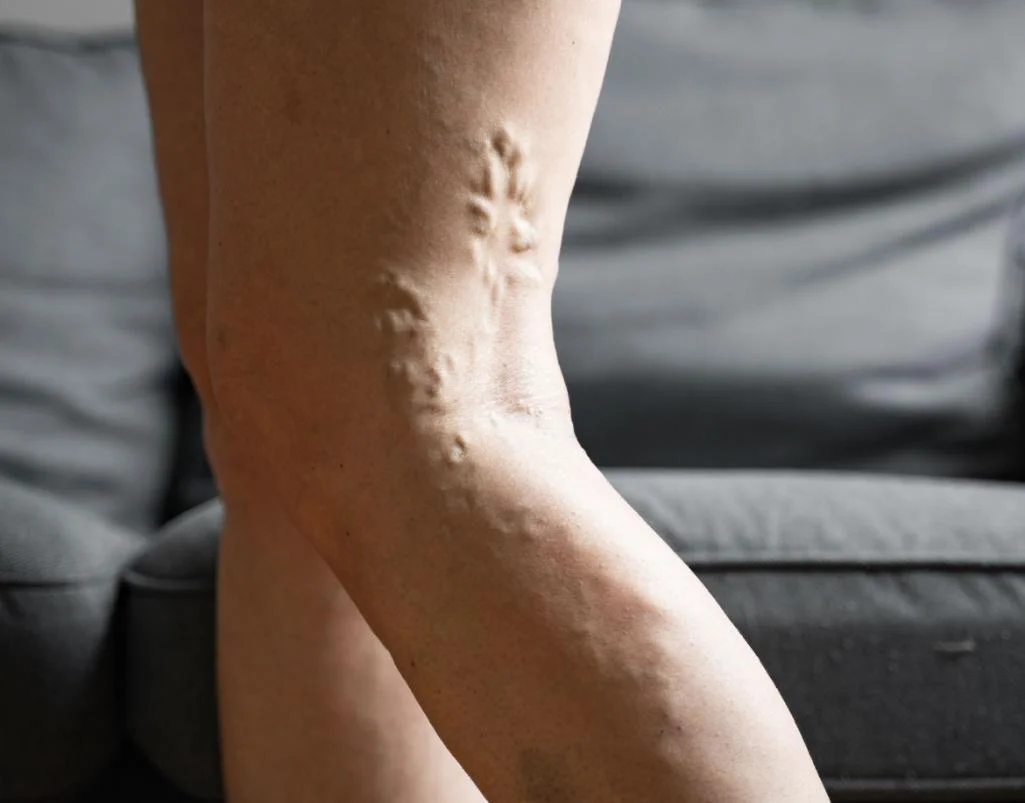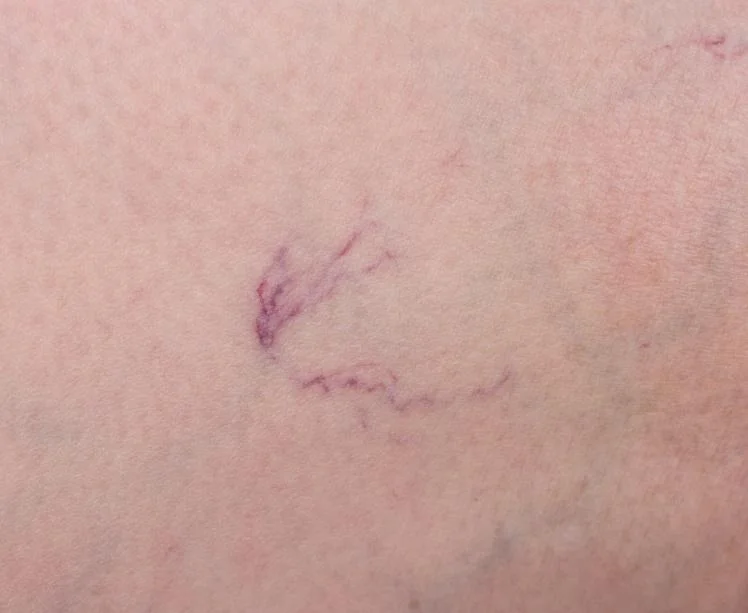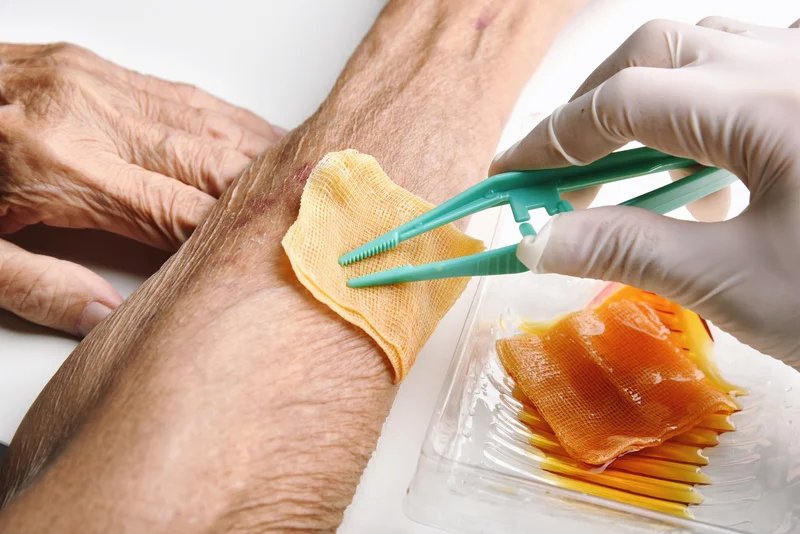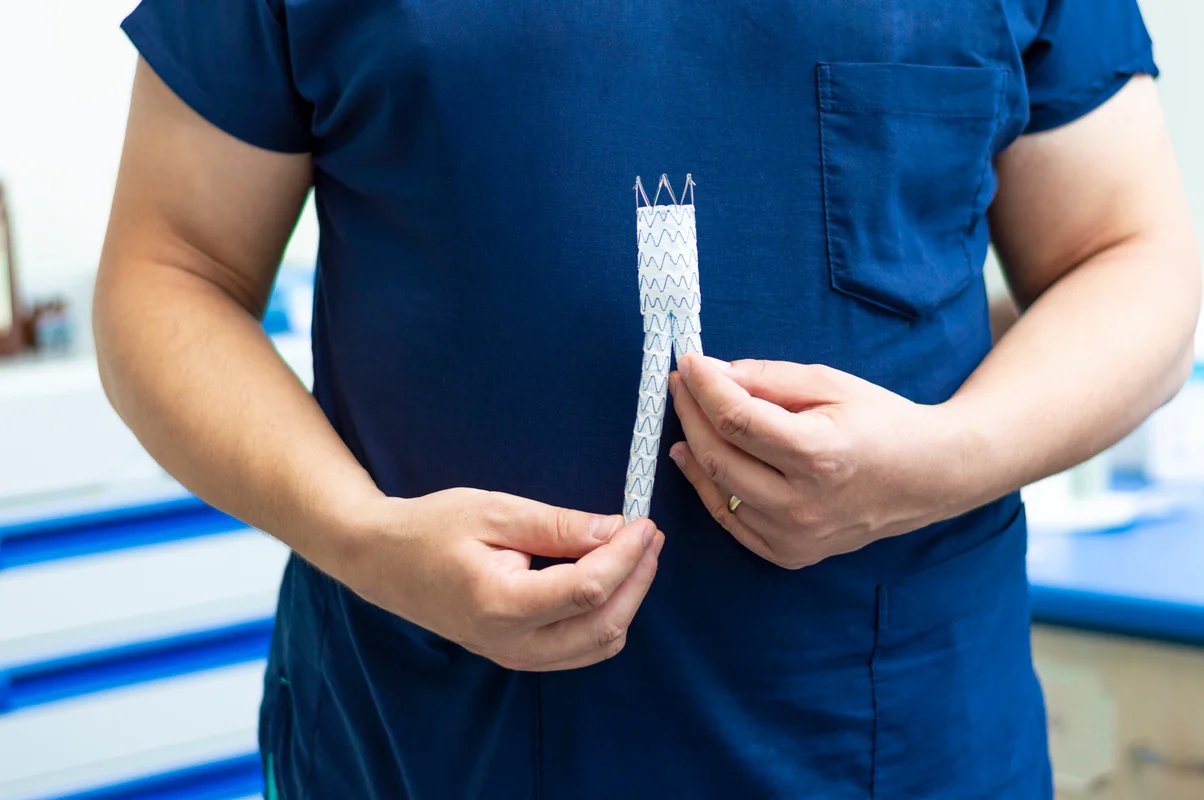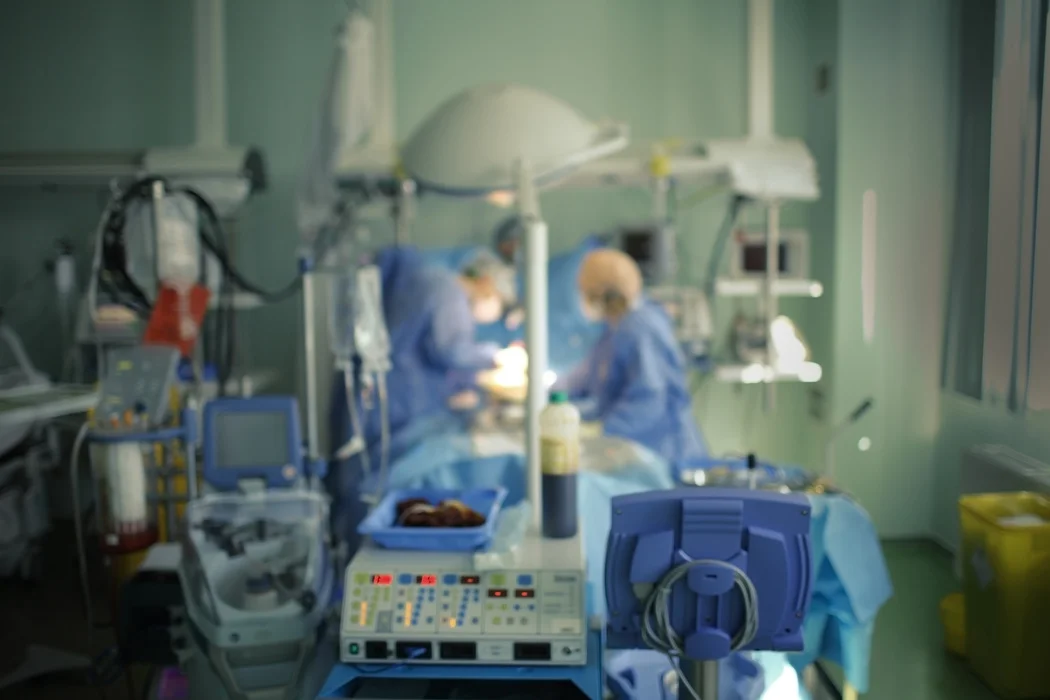Understanding Dialysis Access
When the kidneys fail to effectively filter out waste and excess fluid, dialysis becomes essential for sustaining health and quality of life. Dialysis access refers to the method used for circulating blood or fluids—whether through a dialysis machine in hemodialysis or via a catheter in peritoneal dialysis—to remove impurities. Choosing the most appropriate type of dialysis access is crucial for ensuring effective treatment and patient comfort.
Treatment Options for Dialysis Access
Dialysis can generally be divided into two main categories: Hemodialysis and Peritoneal Dialysis. The choice between them depends on medical factors, patient preferences, and lifestyle considerations.
- Hemodialysis
- Arteriovenous Fistula (AVF):
A surgeon creates a connection between an artery and a vein, usually in the arm, allowing the vein to enlarge and become suitable for repeated needle insertions. Although it may require several weeks to mature, an AVF often provides excellent long-term results with fewer complications over time. - Arteriovenous Graft (AVG):
For patients with veins unsuited for an AVF, a synthetic tube can be used to link an artery and a vein. An AVG may be used more quickly after placement than an AVF but can carry a slightly higher infection risk and may require more frequent interventions. - Central Venous Catheter (CVC):
A flexible tube placed in a large vein—often in the neck or chest. CVCs provide immediate access for dialysis, making them useful for urgent cases or while waiting for an AVF or AVG to mature. However, they come with a higher risk of infection and are generally considered a short-term or temporary option.
- Arteriovenous Fistula (AVF):
- Peritoneal Dialysis
Peritoneal dialysis uses the lining of the abdomen (the peritoneum) as a natural filter. A Tenchkoff catheter is placed into the abdomen, allowing dialysis fluid to flow in and out, drawing waste products and excess fluid from the bloodstream into the solution, which is then drained.- Tenchkoff Catheter Insertion:
A soft tube is surgically placed in the patient’s abdomen, enabling the infusion and removal of the dialysis fluid. Peritoneal dialysis can offer greater independence, fewer visits to a dialysis center, and a more flexible schedule. However, meticulous hygiene is crucial to reduce the risk of infection around the catheter site.
- Tenchkoff Catheter Insertion:
Elaborating on Key Modalities
Central Venous Catheter (CVC) and Its Use
A CVC is often viewed as a temporary or interim solution. It is ideal for patients who require immediate dialysis but do not yet have a functioning AVF or AVG. This approach can also be helpful if an existing AVF or AVG fails unexpectedly. While CVCs do provide a rapid route for hemodialysis, they present a higher risk of infection, clotting, and other complications compared to permanent access options. As such, most patients are encouraged to transition to an AVF or AVG once those become available.
Traditional Surgical AVF and AVG Creation
For long-term hemodialysis, vascular surgeons commonly recommend establishing an AVF or an AVG. Both methods rely on connecting an artery and a vein—either directly or via a synthetic graft. Factors influencing the choice include the quality of a patient’s blood vessels, the anticipated duration of dialysis, and any underlying medical conditions. While both AVFs and AVGs require some recovery time, they generally offer a more stable and lower-risk option for patients who need ongoing dialysis.
Endovascular AVF Creation and Its Benefits
Patients who meet specific anatomical criteria may be eligible for endovascular AVF creation, a minimally invasive alternative to the traditional open surgical approach. Guided by imaging technology, a connection between an artery and vein is formed through small incisions or punctures rather than a large surgical incision. Advantages include:
- Reduced post-procedure pain
- Shorter recovery times
- Lower incidence of infection and complications
Dr. Lim is among the few surgeons in the region accredited to perform this procedure. His expertise enables eligible patients to take advantage of this modern and less invasive technique.
Collaborative Approach to Care
Dialysis and its associated procedures can be physically and emotionally taxing. Dr. Lim adopts a comprehensive, team-based model that involves renal physicians, nursing staff, and—crucially—the patient and their family. By keeping the lines of communication open, this collaborative style makes it easier to address any emerging concerns, helping you feel supported and informed every step of the way.
Conclusion
Selecting the right dialysis access method can significantly influence the overall success of your treatment. Whether you opt for peritoneal dialysis through a Tenchkoff catheter or pursue one of the hemodialysis options—ranging from a central venous catheter to an endovascular AVF—Dr. Lim’s expertise and patient-centered care ensure you receive the most suitable approach for your unique health situation. If you have any questions or wish to learn more about which dialysis access option may be best for you, reach out to schedule a personalized consultation.
This information is provided as a general guideline and should not replace professional medical advice. Always consult with your healthcare provider for recommendations tailored to your specific needs.
FAQ about Dialysis Access
The kidneys are like the body’s natural filtration system. They work around the clock to remove waste, toxins, and excess fluids from our blood, maintaining a healthy balance of minerals, like sodium and potassium.
End-stage renal failure refers to a condition where the kidneys have lost almost all of their ability to perform these vital functions. It’s a serious, life-altering diagnosis, and can bring a host of challenges and concerns. When the kidneys can’t perform their job properly, waste and excess fluid accumulate in the body, leading to a range of health issues, and that’s where haemodialysis comes in.
You will typically require renal replacement therapy such as haemodialysis or peritoneal dialysis, which necessitates creating a reliable access point in your body to perform the dialysis. Your kidney doctor will have a discussion with you on the most suitable modality for your situation. It’s understandable that this can be a challenging time for you, but rest assured, Dr. Lim and his team are here to support you.
Haemodialysis is like an external, artificial kidney. It’s a treatment that uses a machine to take over the filtering role of the kidneys. During a haemodialysis session, blood is pumped out of your body to an artificial kidney machine, and clean blood is returned back to your body. This process helps in maintaining the balance of the body by removing waste, salt, and extra water, preventing them from building up in the body. It also helps in maintaining a safe level of certain chemicals in your blood and helps to control blood pressure.
Why is it Necessary?
End-stage renal failure requires interventions like haemodialysis because, without the kidney’s natural functions, the body becomes overloaded with toxins and excess fluids. Without treatment, these imbalances can lead to severe complications, affecting nearly every system in the body, and can be life-threatening.
Having regular haemodialysis sessions can help manage the symptoms of end-stage renal failure, such as fatigue, nausea, weakness, and swelling, and improve the quality of life for individuals living with this condition.
Supportive Approach:
It’s important to know that while living with end-stage renal failure and undergoing haemodialysis can be challenging, many people lead full and active lives with the right care and support. Dr. Lim and his team are here to walk alongside you every step of the way, addressing your concerns, providing information, and offering support to help you manage your condition effectively.
While temporary catheters provide immediate access for haemodialysis, they are generally not suitable for long-term use due to the higher risk of infection and other complications. Dr. Lim recommends more permanent solutions like an arteriovenous (AV) fistula or graft for long-term haemodialysis, providing a safer and more effective means to facilitate treatment.
An arteriovenous (AV) fistula is a connection, surgically created by Dr. Lim, between an artery and a vein, usually in your arm. This connection allows blood to flow from the artery into the vein, causing the vein to grow larger and stronger, making it easier to insert the needles for haemodialysis. AV fistulas are preferred due to their lower infection risk and longer usability compared to other haemodialysis access options.
Most patients are suitable candidates for arteriovenous (AV) fistula creation; however, Dr. Lim will conduct a thorough examination, including vein mapping, to assess the quality of your vessels and determine whether an AV fistula is the right choice for you. In cases where the vessels are not suitable, other haemodialysis access options, like an AV graft or a catheter, may be considered.
The procedure to create an arteriovenous (AV) fistula is done under local or regional anaesthesia, meaning you should not experience pain during the surgery. After the procedure, there may be some discomfort or mild pain at the surgical site, which is usually well-managed with over-the-counter pain relievers. Dr. Lim will discuss pain management strategies with you to ensure your comfort throughout the process.
The maturation time for an arteriovenous (AV) fistula can vary, but it generally takes about 2 to 3 months for it to be ready for use. During this period, Dr. Lim and his team will monitor the development of your fistula to ensure it is maturing properly and will advise you when it is suitable for haemodialysis.
Dr. Lim will provide comprehensive instructions on caring for your arteriovenous (AV) fistula post-surgery. This typically includes keeping the site clean and dry, avoiding carrying heavy objects with the arm where the fistula is located, and regularly checking for the “thrill” or vibration at the fistula site to ensure proper blood flow. Timely reporting of any abnormalities or complications is crucial in maintaining the functionality of your AV fistula.
Yes, once the surgical site has healed and the fistula has matured, you should be able to use your arm normally. However, it is essential to avoid activities that can put excessive pressure on the fistula arm, like lifting heavy objects, to prevent any complications. Dr. Lim will guide you on the do’s and don’ts for maintaining the health of your fistula.
When properly cared for, an arteriovenous (AV) fistula can last for several years, and some patients have used theirs for over a decade. Regular monitoring and healthy lifestyle choices play a crucial role in maintaining the functionality of your AV fistula. Dr. Lim will provide guidance on care and maintenance to help ensure the longevity of your fistula.
It’s normal for an arteriovenous (AV) fistula to appear more pronounced or look “funny” as it matures. This is due to the increased blood flow causing the vein to enlarge and thicken. While it might look different, a mature and pronounced AV fistula is actually beneficial as it facilitates easier and more efficient needle insertion during haemodialysis.
Arteriovenous (AV) fistula can sometimes face complications like narrowing or clotting, which can impede blood flow, making it challenging to perform haemodialysis. Dr. Lim can evaluate your fistula to identify any issues and recommend interventions like angioplasty or thrombectomy to restore proper function.
If you notice any abnormalities like swelling, redness, a change in the “thrill,” or other signs of malfunction, it is crucial to inform Dr. Lim or your healthcare provider promptly. Early detection of issues allows for timely intervention and can help in preserving the functionality of the arteriovenous (AV) fistula.
The main types of dialysis access are arteriovenous (AV) fistula, AV graft, and central venous catheter. AV fistulas are preferred long-term as they last longer and carry lower infection risk. A vascular surgeon will advise the best option based on your health and dialysis needs.
The best access for long-term dialysis is an arteriovenous (AV) fistula. It has the lowest risk of infection, lasts longer, and offers better blood flow. A vascular surgeon can assess your condition and recommend the most suitable option for your dialysis needs.
The two primary dialysis methods are haemodialysis and peritoneal dialysis. Haemodialysis filters blood through a machine, while peritoneal dialysis uses the lining of your abdomen. Your doctor will suggest the best option based on your health and lifestyle.
Dialysis access can face issues like infection, clotting, narrowing of the vessel (stenosis), or poor blood flow. AV grafts and catheters have higher risks than AV fistulas. Regular monitoring and care by your dialysis team or vascular surgeon help prevent complications.

